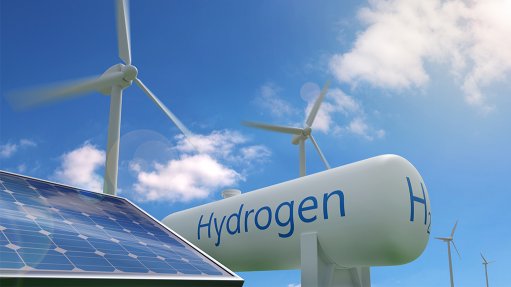
Climate change is now acknowledged to require far-reaching changes within and across countries to reduce emissions and their socio-economic-ecological impact. South Africa has to rapidly pivot to a lower carbon trajectory to retain access to export markets where environmental regulations such as the ones imposed by the EU are rapidly closing market access. At the same time, the transition is an opportunity for sustainable re-industrialisation given South Africa's advantages in renewable energy.
The question is how will the transition happen? Will the change be part of building local linkages to ensure capabilities in inputs for renewable energy and linkages to a diversified green industrial base, or will it be in exportoriented enclaves aimed at greening European industry? This paper focuses on the possibilities for Green Hydrogen (GH2) in hard-to-abate heavy industries and the potential for the changes to catalyse the re-industrialisation of the South African economy.
Specifically, we examine the key industrial policy questions South Africa needs to confront in decarbonising and restructuring its worst industrial emitters – i.e., steel, cement, and chemicals – at the heart of the South African economy. The paper analyses specific opportunities in different sectoral value chains and finds a strong case for rapid transformations in steel and fertilizer. Realising these opportunities requires an integrated industrial and energy strategy and cross-government commitment to its realisation. The persistence of gaps between energy and industry means that enclave initiatives will result and linkages to the broader economy will not be realised.
Report by the Centre for Competition, Regulation and Economic Development